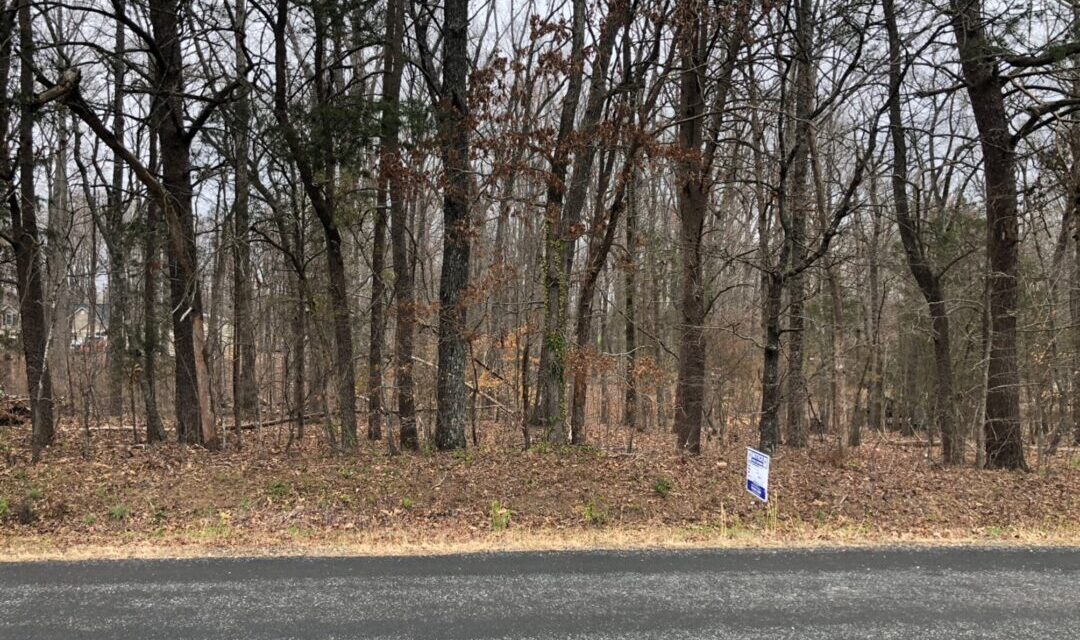There’s been a lot of debate lately about how development should proceed in northern Guilford County, and, on Thursday, April 6, the Guilford County Board of Commissioners will hear a rezoning request that was previously approved by the county’s Planning Board but will now be decided by the commissioners.
The request is to rezone nearly 20 acres just west of Summerfield from Agricultural to Residential (RS-30).
It’s not a large amount of land – like the residential development proposed by farmer and developer David Couch inside the Summerfield town limits – however, like that development proposal, this rezoning effort has its opponents.
On February 8, the Planning Board– by less than a 75 percent vote – voted in favor of the requested rezoning. The Board of Commissioners has the authority to hold a public hearing to consider a less-than-75 percent favorable vote from the Planning Board – which is exactly what the commissioners will do Thursday night.
The commissioners can vote to affirm or deny the Planning Board’s previous decision.
The proposed RS-30 district is “primarily intended to accommodate single-family detached dwellings in areas without access to public water and sewer services,” according to the minutes from the February Planning Board meeting.
The surrounding land includes land zoned single-family residential and agricultural.
According to information provided during the Planning Board hearing, there are no historic landmarks on the site and no known cemeteries.
Any developments will be served by private septic systems and wells.
Guilford County staff recommended approval of the rezoning request, noting that “the proposed rezoning according to the Northwest Area Plan would be consistent with the recommendation of rural residential,” and that, “If approved, no map amendment would be required, and the request would be reasonable and in the public interest because it is consistent with the rural residential land use designation and with the zoning and land uses on the adjacent parcels. The requested zoning allows flexibility for future subdivision design with slightly higher density to accommodate a variety of housing styles and sizes.”
There are, of course, opponents. Some speakers at the Planning Board meeting cited concerns that the development would double the traffic in the area and ruin the peace and tranquility of the neighborhood – the main reason many area residents moved there in the first place.
The Planning Board meeting minutes state that Ann Rector, who lives on Hudson- James Road, said that there’s going to be “a lot of tree cutting and a loss of homes for the wildlife. The streams will overflow because of the disruption and severe water run- off from the development. Poor septic systems and low water exist for the proposed homes in the area.”
Jenny Tucker, who lives on Rumbley Road, said she was concerned that the new wells would disrupt the water supply.


Why do you keep insisting David Couch is a “farmer.” Is this to soften his image? Call him what he is. A money hungry town destroying developer.
Well he is a farmer with crops, cattle, chickens, etc. and he is a developer so The Rhino has correctly identified his occupations. Stop the Hate!